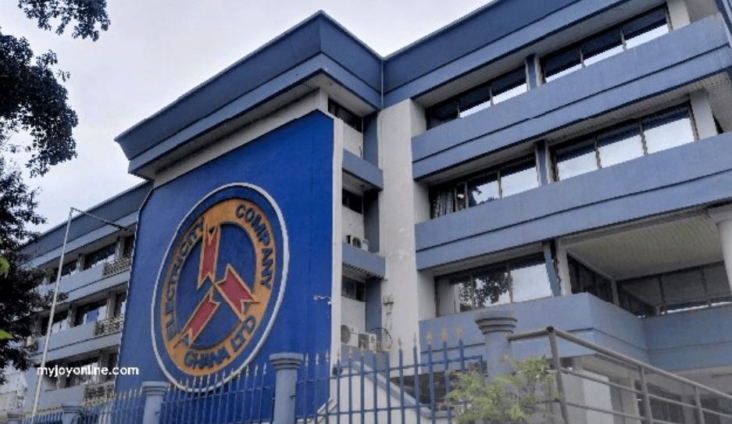I have read various discussions about ECG privatization on different platforms, and I want to clarify some points. There is a significant difference between selling a company and inviting private sector participation.
Under the PDS arrangement, ECG was not sold; it was leased to the private sector for a specific period. We must not confuse private sector participation (PSP) with outright sale. The media, often drawn to sensationalism and lacking a comprehensive understanding of these policies, tend to publish misleading headlines.
Before the December 2024 elections, both the NPP and NDC included commitments to private sector participation in their manifestos regarding ECG ownership.
The NPP manifesto states on page 176 the introduction of PSP in the retail market or “last mile” of ECG, which includes metering, customer service, and revenue collection.
The current state of our power sector is plagued by inefficiency and high commercial losses. These losses arise from inadequate metering, illegal connections, and non-payment of electricity bills.
Over the past eight years, efforts have been made to enhance transparency in billing and revenue collection through digital platforms and prepaid meter payments. While this has improved revenue collection, it has not addressed illegal connections, the non-collection of revenue from post-paid customers, or the lack of meters for new customers.
Currently, technical and commercial losses at the distribution level exceed 35%. Only 24% of these losses are accounted for in our electricity bills by the PURC, leaving more than 11% unaccounted for and treated as debt in the sector. For instance, if GH₵ 1,000 worth of electricity is sent out, GH₵ 101 is unaccounted for, resulting in a debt because the Independent Power Producer (IPP) expects GH₵ 1,000 back without question.
A value chain supports the generation of that GH₵ 1,000 of electricity, involving gas from Tullow or ENI, transmitted through Ghana Gas Company or WAPCO. The hydroelectric power is generated by VRA, which also purchases gas from the Nigerian Gas Company. VRA and other companies in this value chain must be paid from the revenue collected by ECG.
The current substantial indebtedness in the power sector stems from ECG’s inability to collect revenue for all companies in the value chain. These losses do not account for the significant overhead costs within ECG’s operations.
Addressing the weakest link in this chain is a matter of national interest and should remain free from partisan politics. The notion that simply resourcing the company will empower workers has been overstated. The issue lies not with the workers themselves, but with the leadership they operate under, including the directives from above, the political board of directors, and rent-seeking behavior.
My stance on this issue is clear: I support all genuine efforts to improve the health of our power sector.
Kwadwo Poku (KNP)
Executive Director
(INSTEPR)















